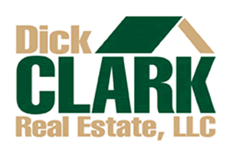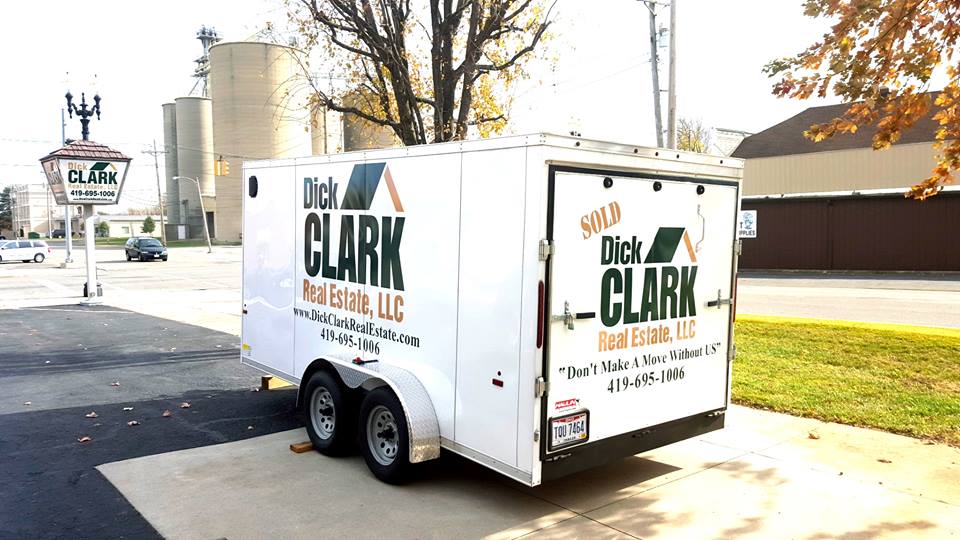Closing time is hectic, but you should always make time for a final walk-through to make sure that your home is in the same condition you expected it would be. Here’s a detailed list of what to check for on your final walk-through.
- Basement, attic, and every room, closet, and crawl space have been checked.
- Requested repairs have been made.
- Copies of paid bills and warranties are in hand.
- No major, unexpected changes have been made to the property since last viewed.
- All items included in the sale price—draperies, lighting fixtures, etc.—are still on site.
- Screens and storm windows are in place or stored onsite.
- All appliances are operating (dishwasher, washer/dryer, oven, etc.).
- Intercom, doorbell, and alarm are operational.
- Hot water heater is working.
- Heating and air conditioning systems are working.
- No plants or shrubs have been removed from the yard.
- Garage door opener and other remotes are available.
- Instruction books and warranties on appliances and fixtures are available.
- All debris and personal items of the sellers have been removed.











